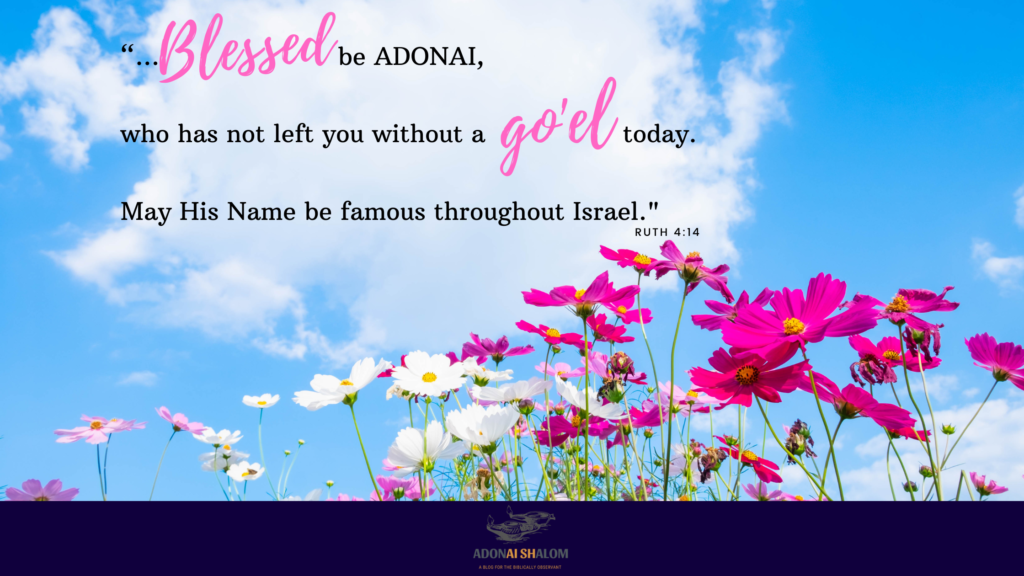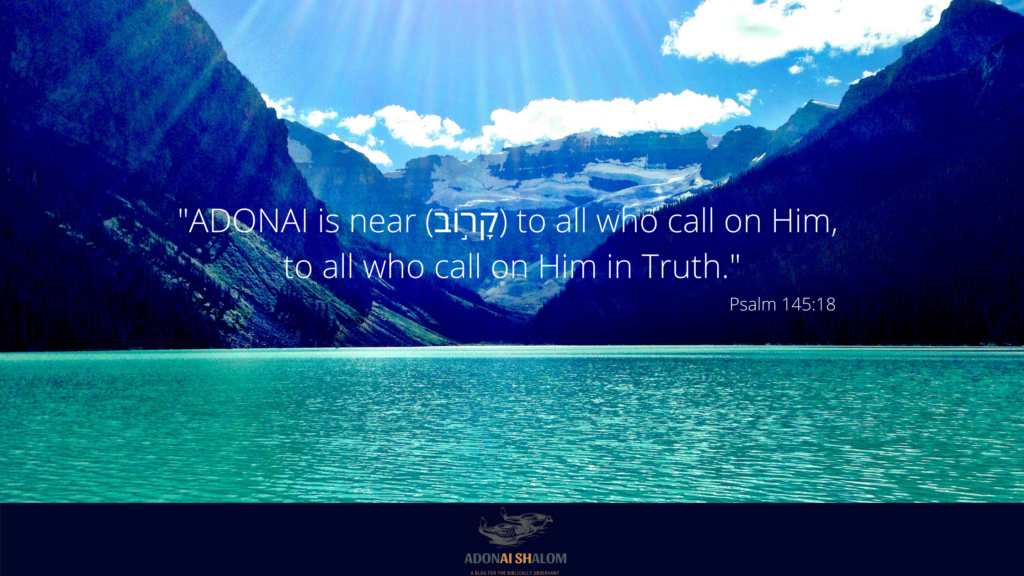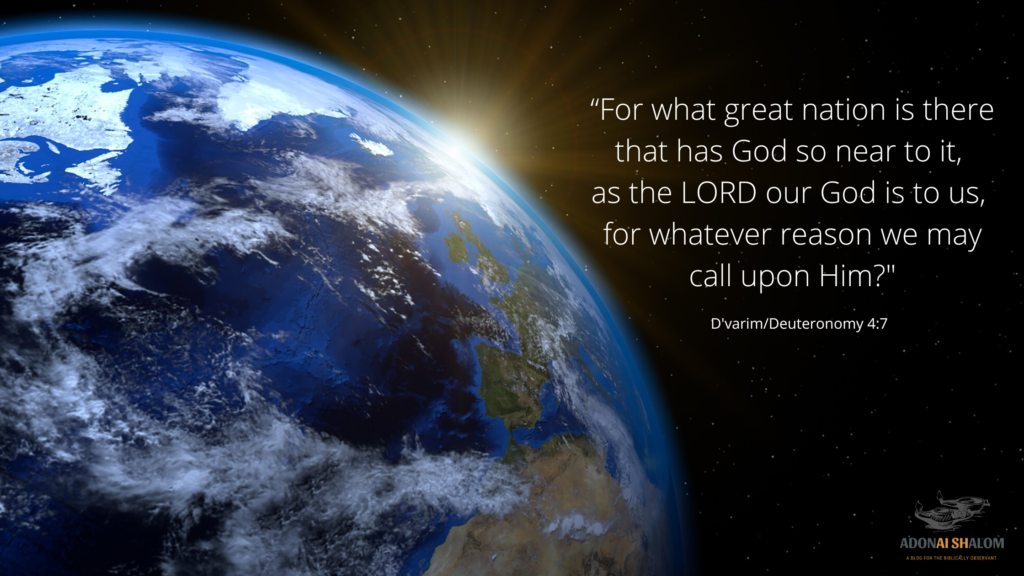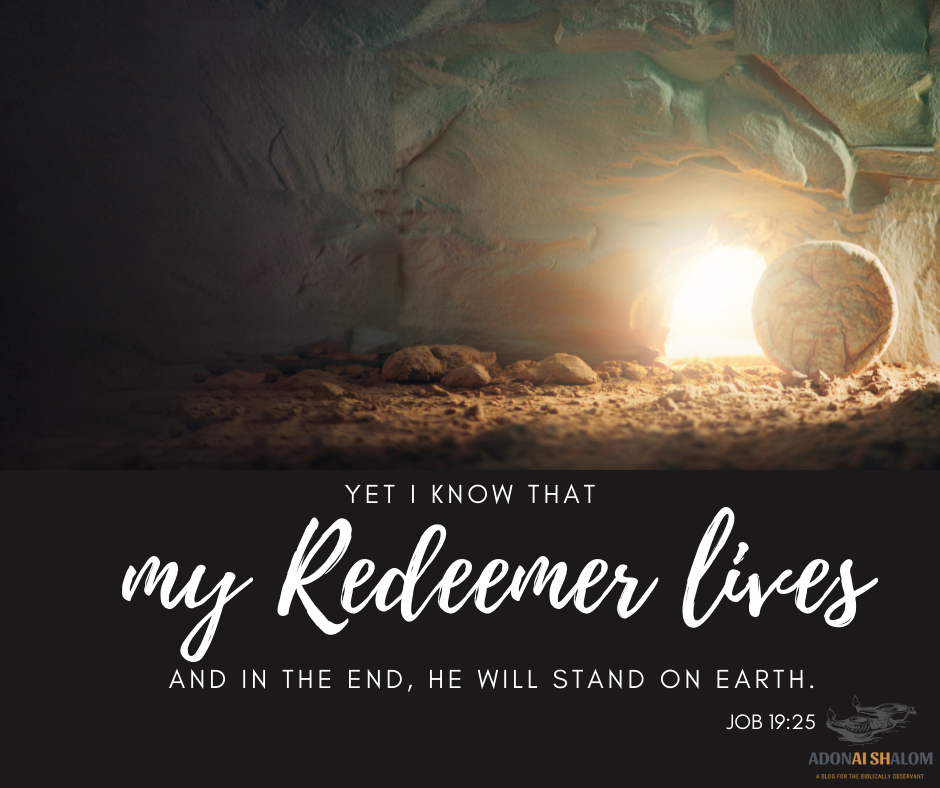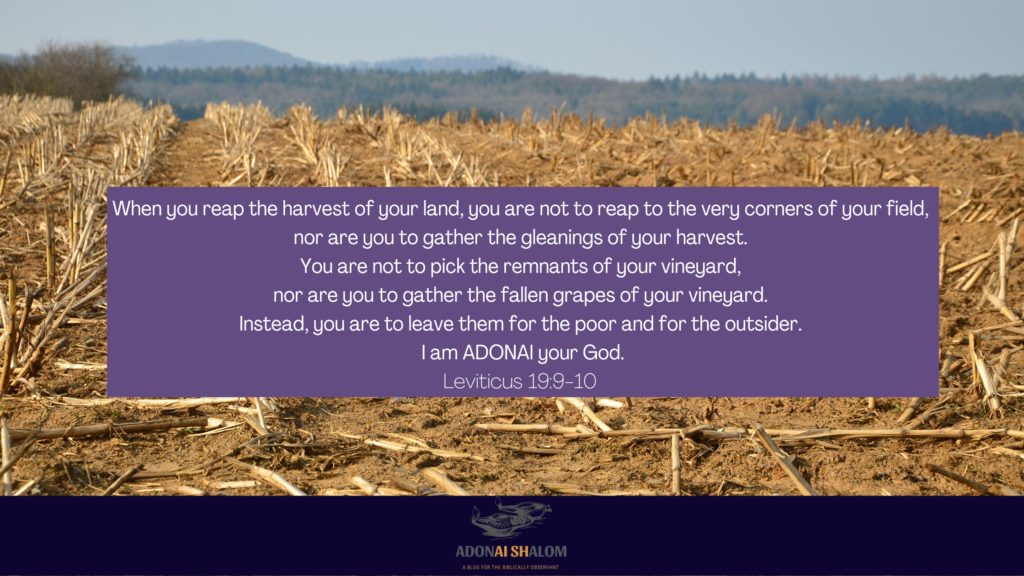The value of human life
Parashat B’chukotai (Leviticus 26:3-27) 5782 B”H
The Supreme Court’s Draft opinion: Will our nation finally stop killing babies?
The leaked Supreme Court draft opinion is captivating the nation’s attention and has brought the discussion about the value of human life front and center.
Wouldn’t it be an answer to prayer if our nation reversed course and stopped shamelessly killing babies?
As God’s own children, we know that there is inherent value and worth in every child, born and not-yet-born.
And yet this week’s parashat is one of those Scriptures that makes me uncomfortable!

What to do when the Scriptures make you squirm
As soon as one of my sons overheard that I was studying Leviticus 27‘s unsettling “valuations” of human beings he immediately said,
“Oh great. God supports slavery?”

It is more complicated than that, but . . . any monetary amount placed on the value of human life is very hard for us to understand.
And pretty much the only time I ever hear the word, “valuation” is on Shark Tank. 😉
So what should you do if you read a passage that just really bothers you?
First, don’t jump to any conclusions.
Pause, and pray.
Ask the LORD to speak to you and teach you through.
Be willing to do some research. Learn about history, context, culture, and any other details that the Holy Spirit (Ruach haKodesh) leads you to.
Talk to trusted believers such as your pastor, ministry leaders, and other reliable Bible teachers.
And finally, pray some more!
You will almost always arrive at a place of peace, if you will surrender to the LORD’s leading, and He will instruct you from His very Word about why the Bible says what it does! There are some mysteries, of course, that we will just have to wait until we are in the heavenly kingdom to ask about, but I assure you, if you are willing to put in the work, you will find many answers that you seek!
Back to our disconcerting passage:
If a person made a special vow, these were the valuations for redemption:
Men ages 60+: 15 shekels
Women ages 60+: 10 shekels
Men ages 20–60: 50 shekels
Women ages 20–60: 30 shekels
Boys/young men ages 5–20 years: 20 shekels
Girls/young women ages 5–20: 10 shekels
Boys ages 1 month – 5 years: 5 shekels
Girls ages 1 month – 5 years: 3 shekels
This seems to be way outside of anything we are used to in America.
We wonder immediately, how could someone be worth more or worth less than someone else?
And are men worth more than women?
Why are 20-60 year olds worth the most?
Notice, these were the valuations for redemption related to a special vow. (We discussed a bit about redemption last week; you can read about it here). The redemption price didn’t actually have to do with inherent worth. All humans have inherent worth:
Well, that is reassuring . . .
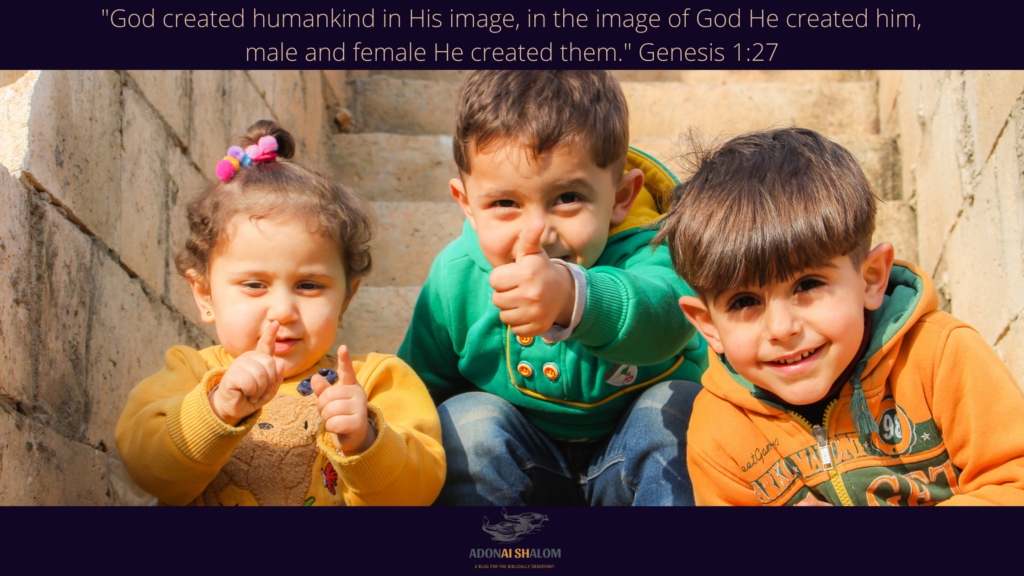
So then what was this about?
The redemption valuation wasn’t about inherent worth. Personhood and value was assumed, and Torah commands us to preserve and cherish life!
The valuation had to do with how much a person could produce, how much they were worth as a worker. What I find surprising is that a value is placed even on one month olds!
The 20-60 year old age group naturally would include the strongest, most productive workers.
We value the ability of each person to contribute to the success of the wider community.
However, this still seems somewhat unsettling.
What about those with dis-ability?
What about the poor?
The valuation list doesn’t make a distinction. This is actually highly inclusive! Ability didn’t matter! The valuations are based on age alone! As for the poor, there is no discrimination either: If a poor person made a vow, but could not afford the redemption prices, an exception would be made. The poor person would go before the priest, and the priest would set a value that would be manageable. (Leviticus 27:8)
No one is ever left out in God’s economy.
He makes a way, for each and ever person, who seeks redemption.
Human life is worth so very much that God our Father sent His Son, Yeshua (Jesus) to die on the cross to take away your sin. You are worth so much, but sin has tainted His beautiful creation. You are a precious treasure, but there is a tarnish until you allow Him to wipe you clean and polish you up anew.
The Scriptures are so very clear that the LORD loves you and made you with a purpose!
Remember, whenever you come across something that makes you question that Truth, be sure to pray, and to seek more deeply answers to your questions in the Word of God.
Have you ever questioned your worth? Do you pray for new generations to live and to learn to love the LORD and His Word? Do you know how valuable you are? Will you join us in praying for our nation and for each other? Please, comment or send an email to [email protected]. We’d love to hear from you! And subscribe to our monthly newsletter! We promise not to overwhelm your inbox!
